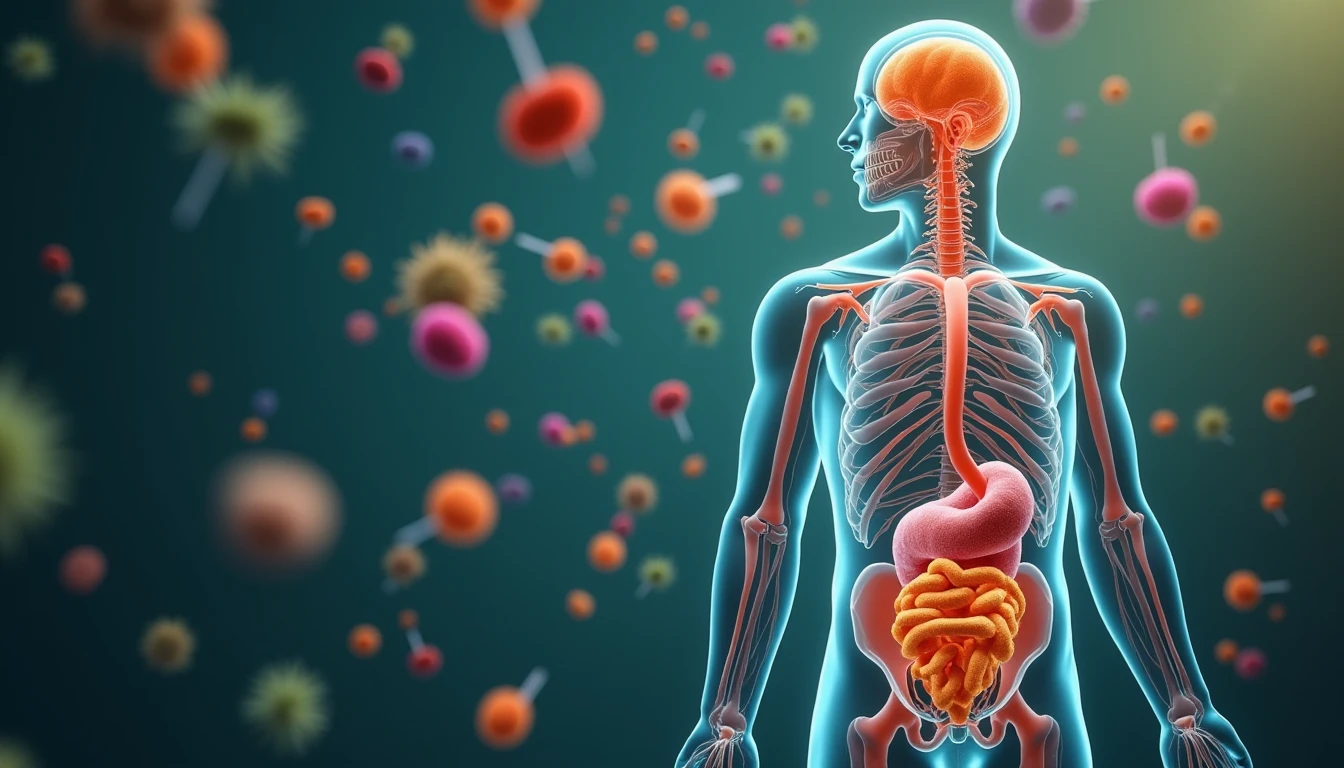Micronutrients are the essential vitamins and minerals that our bodies need to function properly. While they may be required in smaller quantities compared to macronutrients like carbohydrates, proteins, and fats, micronutrients play a crucial role in various bodily processes and overall health.
Understanding Micronutrients
Micronutrients can be divided into two main categories: vitamins and minerals. Vitamins are organic compounds that our bodies cannot produce on their own, while minerals are inorganic elements found in the soil and absorbed by plants through their roots. Both micronutrients serve as cofactors for enzymes, facilitating chemical reactions necessary for growth, development, and maintenance of health.
Vitamins are further categorized into fat-soluble (vitamins A, D, E, and K) and water-soluble (B vitamins and vitamin C). Fat-soluble vitamins can be stored in the body’s adipose tissue for later use, while water-soluble vitamins need to be replenished daily through diet. Minerals are classified as macrominerals (calcium, phosphorus, magnesium, sodium, potassium, chloride, and sulfur) and trace minerals or microminerals (iron, zinc, iodine, selenium, copper, manganese, fluoride, chromium, molybdenum, and others). Each type of micronutrient has specific functions in the body.
The Role of Micronutrients in Health
Micronutrients are involved in a wide range of bodily processes, including energy production, immune function, bone health, blood clotting, nerve transmission, muscle contraction, and more. A deficiency in any of these essential nutrients can lead to various health issues.
For instance, vitamin C is crucial for collagen synthesis, wound healing, and immune function. Iron is vital for oxygen transport in the blood through hemoglobin, while calcium and phosphorus work together to build and maintain strong bones and teeth. Zinc plays a significant role in immune function and wound healing, while iodine is essential for thyroid hormone production.
Micronutrient deficiencies can manifest in various ways, from mild symptoms like fatigue or weakness to more severe conditions such as anemia (iron deficiency), rickets (vitamin D deficiency), or beriberi (thiamine deficiency). In some cases, long-term deficiencies can lead to chronic diseases like osteoporosis or impaired cognitive function.
Common Micronutrient Deficiencies
While a balanced diet should provide all the necessary micronutrients, certain populations may be at higher risk for specific deficiencies. For example:
1. Vitamin D deficiency is common in individuals with limited sun exposure, such as those who live in northern climates or have darker skin that reduces vitamin D production.
2. Iron deficiency is prevalent among menstruating women and young children due to increased iron requirements and blood loss.
3. Iodine deficiency may affect people living in areas with iodine-poor soil, leading to developmental delays and intellectual disabilities if not addressed during pregnancy and infancy.
4. Calcium and vitamin D deficiencies are common in the elderly, increasing the risk of osteoporosis and fractures.
Food Sources of Micronutrients
A varied diet rich in whole foods is the best way to ensure adequate intake of all essential micronutrients. Some key food sources include:
1. Fruits and vegetables: Rich in vitamins A, C, E, and K, as well as various minerals like potassium, magnesium, and folate.
2. Whole grains: Provide B vitamins, iron, and other trace minerals.
3. Lean proteins (fish, poultry, legumes): Contain essential amino acids, vitamin B12, iron, zinc, and selenium.
4. Dairy products: Excellent sources of calcium, phosphorus, vitamin D, and protein.
5. Nuts and seeds: Rich in various vitamins (E, K) and minerals (magnesium, zinc, copper, manganese).
6. Fortified foods: Many common foods like cereals, milk, and plant-based milks are fortified with essential micronutrients.

The Importance of Micronutrient Supplementation
While a balanced diet should provide adequate micronutrients for most people, supplementation may be necessary in certain situations:
1. Vegans and vegetarians: May have lower intakes of vitamin B12, iron, calcium, and other nutrients.
2. Pregnant or breastfeeding women: Have higher requirements for folate, iron, calcium, and other micronutrients to support the growing fetus or newborn.
3. Elderly individuals: May have reduced nutrient absorption or intake due to age-related changes in digestion and appetite.
4. People with certain medical conditions: Such as celiac disease or Crohn’s disease may have malabsorption issues requiring supplementation.
It is essential to consult a healthcare professional before starting any new supplement regimen, as some nutrients can interact with medications or cause side effects when taken in excess.
Micronutrients play a vital role in maintaining optimal health and preventing various deficiencies and diseases. By understanding the importance of these essential vitamins and minerals and incorporating a variety of nutrient-dense foods into the diet, individuals can ensure they are meeting their micronutrient needs. In some cases, supplementation may be necessary to fill gaps or meet higher requirements during specific life stages or medical conditions. With proper attention to micronutrient intake, people can support their overall health and well-being for years to come.